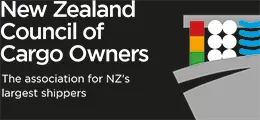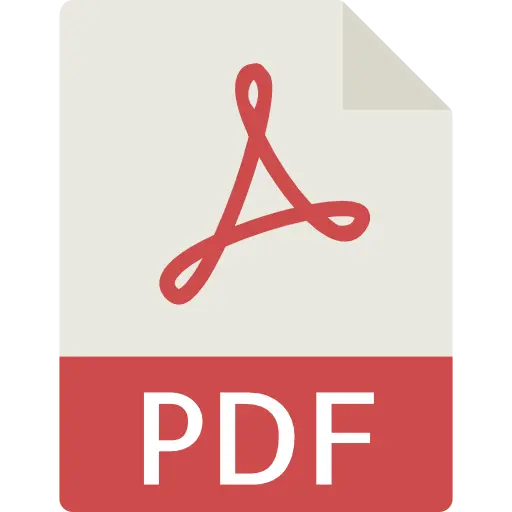Upcoming Event
This year’s NZCCO AGM is to be held as a virtual meeting through live webcast and will feature Q&A with the transport spokespeople from the main political parties. We are currently in the process of confirming the date —which is likely to be either 29 or 30 July.
Meeting invitations including full details of how to join the online meeting will be sent out to all members as soon as the date is confirmed. At this stage we are looking to have the (full members only) AGM from 10am— 10.30am, before opening the meeting up to all our affiliates for the political speakers session, which will likely run through until approximately midday.
MFAT Report—International Supply Chains
As part of its work to ensure international supply chains function as well as possible through COVID, MFAT has been using its network of Posts to monitor how international sea and airports, and domestic logistics are operating. This fortnightly report provides a snapshot of how international supply chains are functioning, as well as international actions to support supply chains, and issues of interest to New Zealand firms.
You are welcome to share, distribute, re-use and re publish this report as you see fit, as long as no substantive changes are made, and it continues to be attributed to the Ministry.
Please find attached the latest report released to the export community. MFAT-Monitoring-International-Supply-Chains
You can view the complete list of market reports published to date here https://www.mfat.govt.nz/en/trade/mfat-market-reports/
Strick stink bug measures show results – Biosecurity New Zealand
Strict biosecurity requirements for imported cargo have reduced the threat of brown marmorated stink bug – and even tougher rules will be introduced next season, says Biosecurity New Zealand.
There were 57 interceptions of live brown marmorated stink bug during the 2019/20 season (September to April) – a reduction of 73 per cent from the previous season.
Of these, 28 were detected at the border. The others were largely individual hitchhikers detected after the border with personal effects carried by arriving international passengers.
“The reduction shows the success of introducing offshore treatment requirements to ensure high-risk goods arrive clean from countries with established populations of this destructive pest” Biosecurity New Zealand spokesman Paul Hallett said.
The import rules targeted vehicles, machinery, and parts from 33 identified risk countries, and all sea containers from Italy during the stink bug season.
Biosecurity New Zealand worked closely with Australian officials during the season to develop the offshore treatment programme and to ensure overseas-based facilities met biosecurity requirements.
“We are very grateful to the Australian Department of Agriculture, Water and Environment for undertaking a large part of the administrative work involved with running this programme” Hallett said.
“There will be more collaboration with Australia in the lead-up to next season, particularly around what we can do to ensure cargo arrives stink bug-free from European treatment providers. Many are operating with reduced staff as a result of the Covid-19 pandemic.” Biosecurity New Zealand is looking at adding three new countries to the list of those requiring special measures to send vehicles, machinery, and parts to New Zealand, Hallet said. “Officials are also consulting with industry on plans to extend the current treatment requirements for sea containers from Italy to cover at least another two stink bug seasons.”
Hallet said Biosecurity New Zealand would continue to operate rigorous border checks and post-border surveillance to intercept any hitchhiking bugs.
“During the last season, Biosecurity New Zealand worked with industry to develop a sophisticated surveillance programme that increased the number of stink bug trapping sites from 25 to 80. Biosecurity New Zealand and industry also jointly funded a public awareness campaign that attracted a record number of calls about possible sightings”.
Global Shippers Forum Newsletter
“The media is awash with forecasts on how the world will look after the Covid Crisis. Many will prove to be over-gloomy there is no doubt that global trade and logistics will be in a different place compared to thebeginning of the year. Back then our biggest worry was the price of low-sulphur fuel oil. By mid-year the main questions shippers asked by shippers will be “Will my traditional customers/suppliers still be in business? And is the shipping line or airline I use still operating the services I need at a price I am prepared to pay?”
“Digitisation of supply chains is an overdue and obvious response to the risk of future business interruption for carriers, forwarders, ports and even Customs and border enforcement agencies. Expect this to feature in many service providers’ plans”
To view the latest GSF newsletter in full please click HERE

